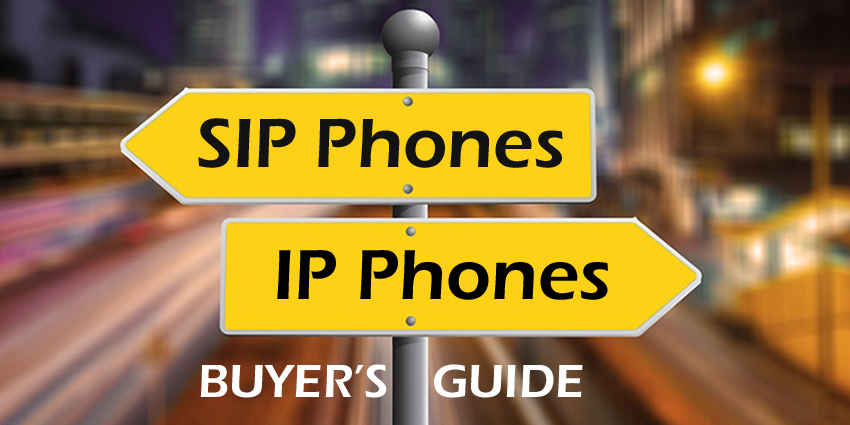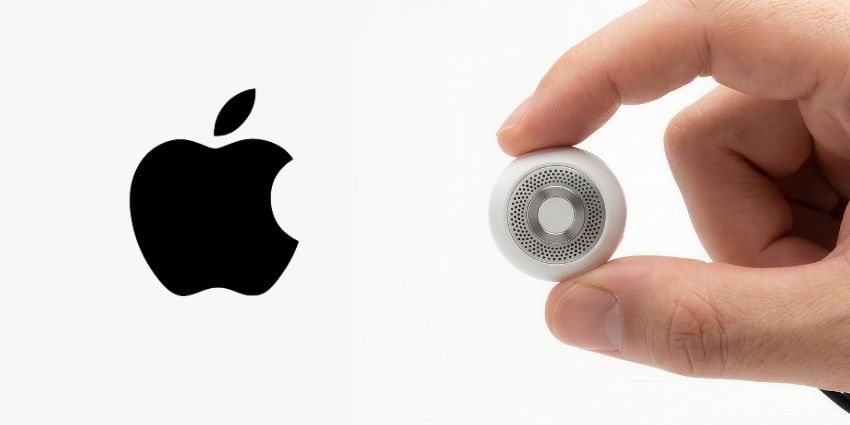SIP and IP phones are very similar in a lot of ways. They both sit on your desk and are usually made of plastic. However, each option offers its own range of positives and negatives to consider too, which can make it more complicated for modern businesses to make decisions about what’s best for their needs.
Today, there are countless phone system manufacturers out there offering both open SIP, and proprietary IP phones for the masses. Typically, open SIP is most popular in the hosted telephony market, where people are looking to embrace digital transformation more openly. While most people believe that proprietary phones offer more features to the end user, that could be starting to change, as new solutions are offered by developers around the world.
When it comes to making your choice between SIP and IP, it’s important not to immediately dismiss either option. Both have their own distinct advantages, and disadvantages to consider. So, let’s take a look at each in more detail.
The Positives and Negatives of Open SIP Phones
SIP phones are open stack solutions that can readily connect to any compliant SIP platform. Although SIP solutions have had limited feature sets in the past, there is a range of benefits to consider as we move into an age where more software phone developers, are focusing on enhancing the UC&C experience. SIP phones provide:
- Better value for money: Sometimes, SIP solutions with open-source software can be more cost-effective, because it’s so simple to use and modify. There aren’t any licensing fees to worry about, which can allow for substantial cost savings in many business environments
- Flexibility: Because SIP phones can connect with so many different platforms, the flexibility that they provide is an obvious benefit. Open-source software is compatible with a range of standards-based equipment, and this allows for a great deal of flexibility. Users can select their own peripherals and endpoints, and it’s easier to differentiate settings according to user
- Easy to deploy: Setting up a SIP phone couldn’t be simpler. Thanks to the versatility of your phone, you won’t need to worry about hiring an expert to come and set up your endpoint on your behalf
- Fully customisable: From a technical perspective, when you have an open-source SIP endpoint, you have complete access to the modifications and system configurations. You can make changes as you want with no extra charge. This is a huge difference from proprietary systems, where the manufacturer has complete control over modifications and updates
Of course, SIP phones have a few negatives to consider too. Open SIP endpoints are generally seen to have relatively limited feature sets. This is because the people who produce these phones are focused on creating software, not hardware. They need to reach out to other manufacturers to develop the endpoints that are required for open SIP connections. In some cases, the quality and compatibility of SIP phones can also be a problem, depending on how much you’re willing to spend, and which system you invest in.
The Positives and Negatives of Proprietary IP Phones
Proprietary IP phones are the “classic” phone endpoint. These solutions are designed specifically by manufacturers, complete with their own branding. Because you’re buying a specific IP phone, you can expect that if you combine your hardware, with software from the same provider, you’ll get a very seamless overall communication experience. For a lot of companies today, proprietary IP phones don’t have many disadvantages. Some of the benefits include:
- A more uniform user experience: With a proprietary IP phone, you can deliver a more uniform experience across the workspace, without having to worry about customising and changing certain aspects of your communication features
- Better support: In some cases, with a proprietary system, you may get access to better support from the phone manufacturer, who can offer warranties and guidance for everything from the IP PBX, all the way through to the handset
- More features: Most of the time, proprietary IP handsets come with a greater range of features to choose from. This is because you’re getting a phone from someone who specialises in creating a unique endpoint experience
There aren’t a lot of disadvantages to proprietary IP phones. The main thing to remember is that you may not be able to achieve the same level of flexibility as you would with a SIP open source phone. At the same time, you may find that you need to invest more money in your original proprietary IP phone purchase. However, if your focus is on quality of communications over budget, then you might not be too worried about spending the extra cash. For most people, IP phones can offer a more advanced user experience in general.







